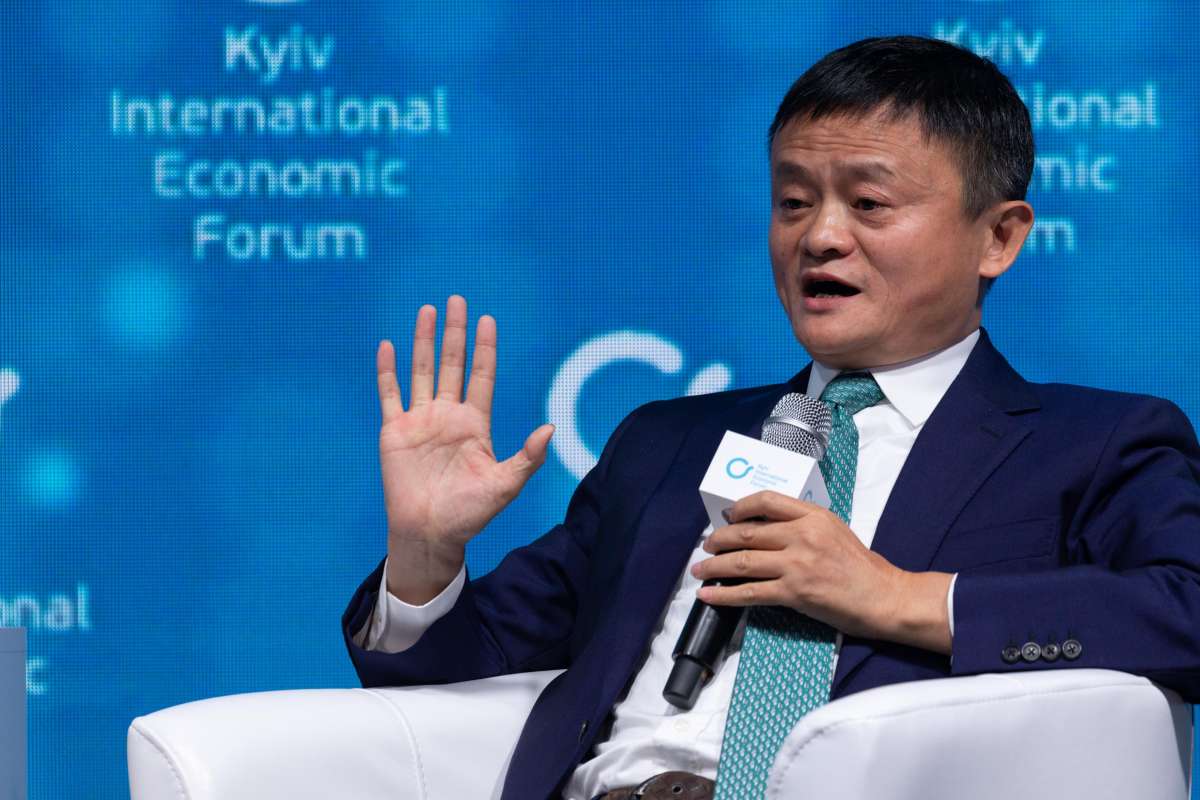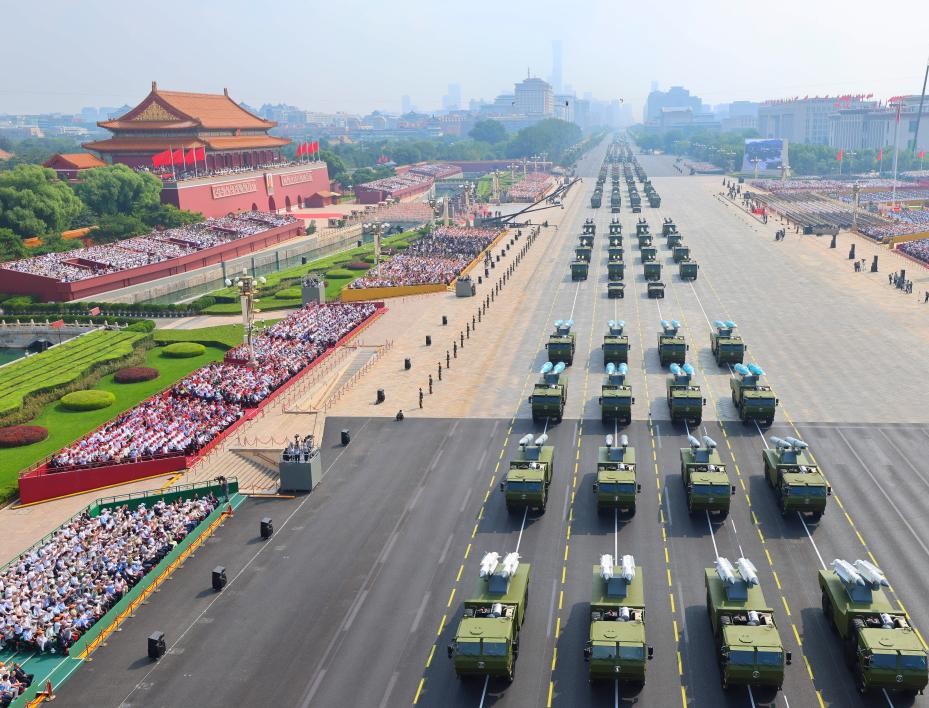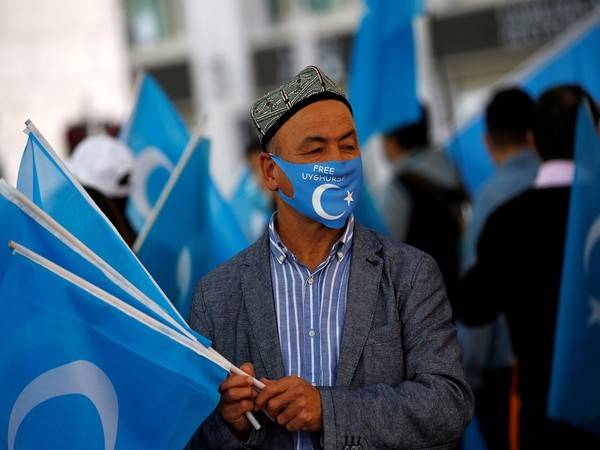Alibaba, the first target of China’s “antitrust” investigation, received a record-breaking high punishment of 2.8 billion dollars, signaling the start of Beijing’s extraordinary crackdown…reports Asian Lite News
The tech giants in China have been facing massive crackdown under the garb of transformation by the Chinese Communist Party of China (CCP) and its authoritarian rule in the form of a ‘common prosperity’ campaign emphasizes which not only imposes heavy restrictions on them but also impose fines to regulate ‘excess’ wealth, The European Times reported.
The “Red New Deal” agenda, which justifies the need for a crackdown, is discussed throughout the campaign. The idea of “red” emphasizes the actions of old-fashioned communist logic, i.e., businesses that get in the way of the government will suffer. Although the government has received genuine support from the people for its pledge to reduce inequality and provide equal opportunity to ordinary people, the concept of “red” emphasizes the actions of old-fashioned communist logic.
Notably, the tech crackdown essentially represents a conflict between CCP-wielded government authority and the “tech sector.” The range of industries targeted makes it difficult to pin down a specific objective; however, an antitrust crackdown, an upgrade to data security, and a restraint on capitalist “excess” serve as the principal motivations, The European Times reported.
Alibaba, the first target of China’s “antitrust” investigation, received a record-breaking high punishment of 2.8 billion dollars, signaling the start of Beijing’s extraordinary crackdown. Additionally, since the regulators suspended Ant Group’s first public offering in Shanghai and Hong Kong, the fin-tech subsidiary of Alibaba has lost two-thirds of its market value.
Prominent China’s leading tech companies such as Tencent (internet conglomerate), and Meitun (food delivery) — became a target of an antitrust probe and were fined more than $530 million, DiDi (ride-hailing app) — was suspended for suspected violation of cybersecurity laws two days prior to its IPO in the U.S, ByteDance (social media), Full Truck Alliance (freight logistics app), Kanzhun (recruitment), online private tutoring companies like New Oriental Education and TAL Education, and Cryptocurrency Hub was affected by SAMR and CAC’s ludicrous crackdown for failing to disclose mergers, signing exclusive contracts, misleading marketing tactics, and other “merger irregularities,” as per the European Times.
The State Administration of Market Regulation (SAMR), China’s market watchdog established in 2018, is mostly in charge of these crackdowns.
Moreover, Data security, antitrust, financial risk, marketing deception, worker’s rights, content control, and burden are also witnessed by citizens of China under the authoritarian CCP regime. (ANI)














